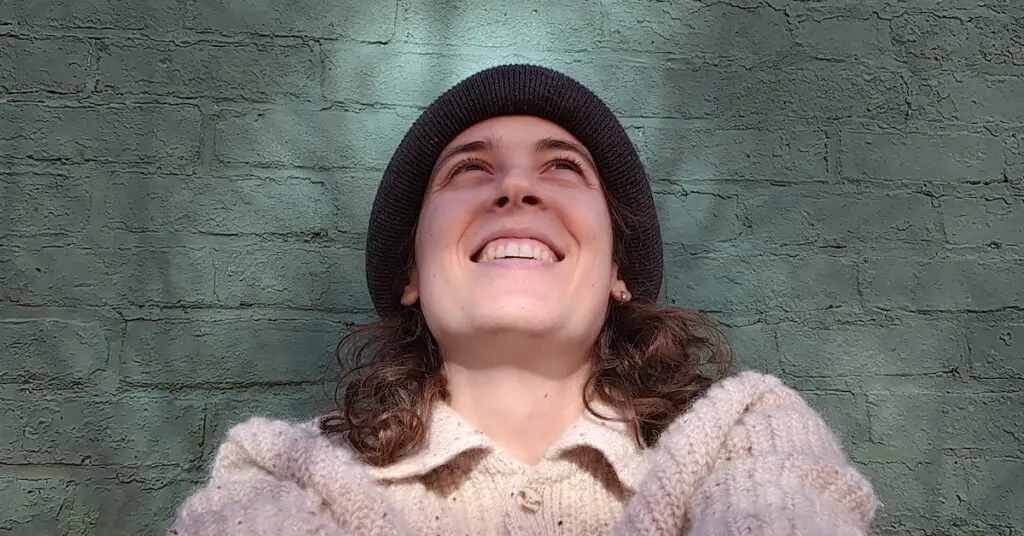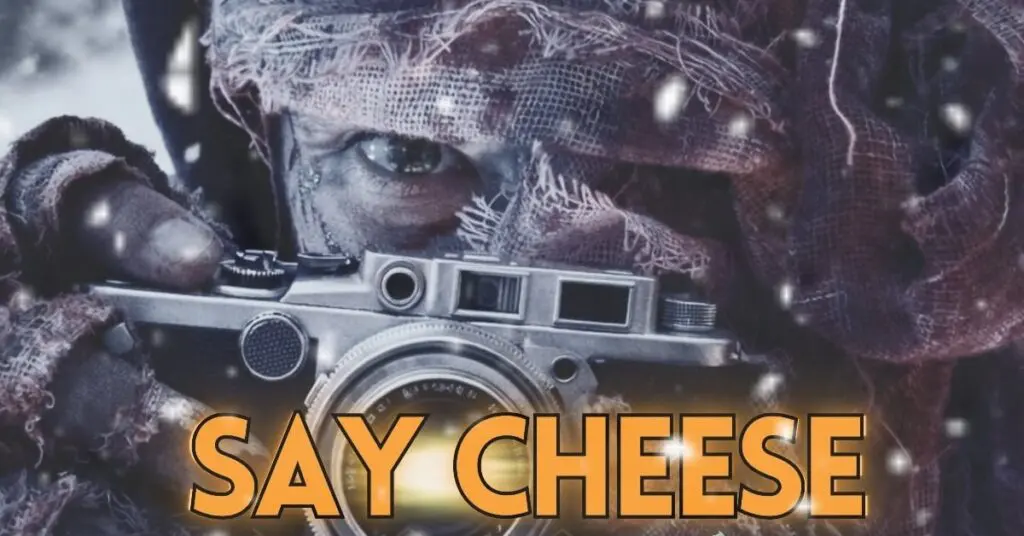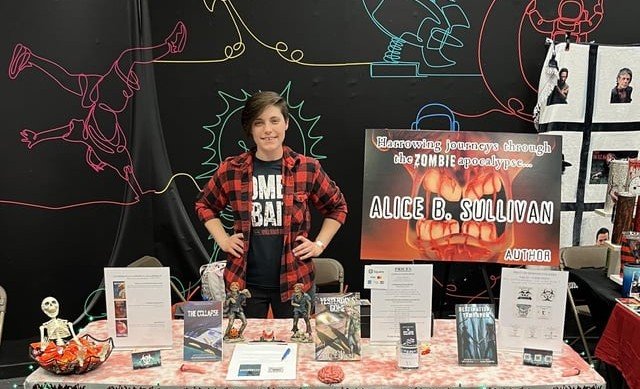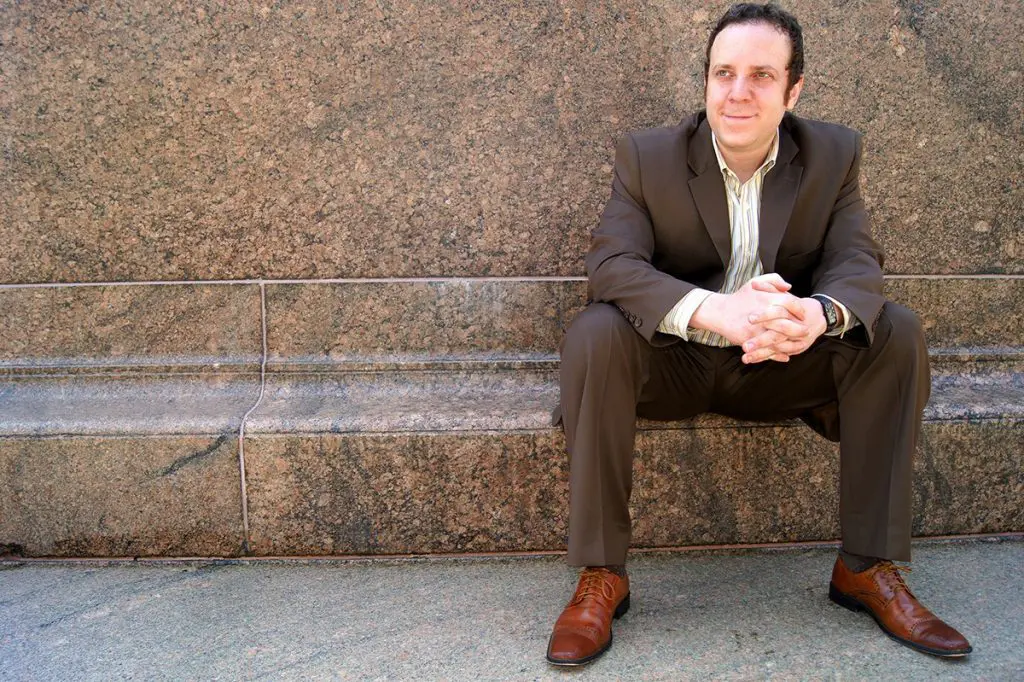Ade Knowles – Soul Soothing and the Paths to Origin
By Klyde Kadiddlehumper on February 5, 2020
RRX: We are speaking with former VP of Student Life, and current professor of practice at RPI, Eddie Ade Knowles, and if you went to RPI any time in the last, say, 30 years…..
Ade: 42.
RRX: 42 years – to some the meaning of like, the universe and everything – also Jackie Robinson’s number.
Ade: Thank you.
RRX: Let’s start with where you grew up, things you remember that you may have liked or not liked, friends, family and the like – things that you found influential.
Ade: So, I grew up on 117th street in west Harlem – people would call it today the hood. Back then, it was the Hood. And I just want to say that if I had to grow up all over again, I would do it in the same place, with the same guys that I hung out with all the time, played ball – everyday I’d get up, go to school, come home do my homework and then go out and play sports and games. We had gangs. But not gangs like you know today. Ya know, we had knives, brass knuckles, zip guns that never worked. People never really got shot. Back then, you were recruited into a gang. The big gang at the time was the Englishmen. They decided I was a different kind of guy – I liked to read, play sports, baseball, basketball, so they never drafted me into a gang. In fact, I was the guy who never cursed – as much as I curse today. I remember the first time I cursed, and my cousin was like, “yo man, you cursed!” That went on for a few days. Then we’d be out, and the street lamp would go on, and my mom would come to the second-floor window of the tenement and shout “EDDIE. EDDIE!” and everyone would yell… “HEY EDDIE – your mother’s calling you.” The whole block would be yellin’ that it was time to go home. I hated that. I could see that the light came on. She didn’t have to yell.
RRX: What was it that drove you to be more interested on education?
Ade: Well, number one was the way my mother raised us. I had both my parents, but I was raised in a matriarchy, she was the real matriarch. This is a woman who didn’t have a 3rd grade education. In fact, if you put my father and mother’s secondary education together it added up to all of about 7 years. So, when I got past the 6th grade, there was no one who could help me with my homework. But my Mother and Father valued education and I’ll tell you a funny story that relates to this whole idea of my evolution in this 5-room railroad tenement in Harlem. I loved to read. We had an elementary school right around the corner and I see all these kids going to school and I ask my mother, when can I go, when Is my turn? So, first day, I go to school and when I leave, there I am with my book bag and my coloring books. I’m in the 1st grade so I’m not doing anything heavy and there is my father, come to pick me up. And I ask what are you doing here. Your mother told me to come pick you up. And I am like, ‘what, this is the block.’ He walked in front of me…..all the way home. I could not wait to go to school.
And I had this teacher, Mrs. Schwartz, who taught me how to read. She turned me on to the world of books and reading. So, I got something in the mail from some book club, and I could get 10 books for 10 cents and then they would send me more books, one a month. I am not reading the find print. So my mom had a talented carpenter come and build this bookcase that was behind the door, ‘cause we had trundle beds and stuff in a 5 room tenement. So, I am filling this bookcase, and my mother is like, “are you sure this is free.” And I am, yeah.
So, finally I get a letter from the book club that I owe them, like 6 months of books. And they were going to send a collection agent. I show it to my mother, she freaks out. I send them a letter with the books, I’m sorry, I thought the books were free, I’m only in the fifth grade. Sometime thereafter, I get a letter from the book club. They thanked me for sending the books back and that after reading my letter and that I was in the 5th grade, they were going to give me a 2-year subscription for free.
RRX: You have mentioned that there were gangs in the neighborhood, and you were more interested in education and the like and weren’t drafted in. You not being drafted by a gang, was that a disappointment to you? Did you feel left out?
Ade: No. At the time a gang was more about protecting the neighborhood. All the guys I was hangin’ with were in the gang. The thing that I admire so much especially now, especially the way these gangs act now, shooting your grandmother, or my aunt, while they are really out there to shoot one person and they spray. They don’t care, they have no respect for life. Whereas back then, when the gangs were going to have a rumble, they would have warlords, who would meet to discuss the time and the place where the rumble was going to be. Then word went out, on Thursday there was going to be a rumble between the Englishmen and the Sportsmen over at Morningside park at 7pm – and I wasn’t going to Morningside park.
RRX: You learned a great deal from many corners of the civil rights movement from your elders, including Malcolm X at Mosque Number 7. Did it ever come to pass that there might be a file somewhere in the bowels of the FBI on you?
Ade: Well, I didn’t learn about that until later when I went to college, because when I went to Bronx Community college, we formed an organization called Simba, which means lion in Swahili. We began opening chapters at all the CUNY campuses with African names. There was an article in The Times that talked about this and how black nationalists were taking over the campuses. This is the time when I got into drumming with the Simba dancers and drummers. When I transferred to Lincoln University, this is the oldest historically black university in the country with alums the likes of Thurgood Marshall and Langston Hughes, in 1967, it was a hot bed for people who coming from Africa as political refugees. For a number of reasons, it was no wonder the FBI was watching and listening. Turns out, the VP and dean of students was an informant for the FBI. I found out years later that I had a file, because in 1969 I was in the hospital and they called my mom, because they had me on a list of people to watch, and they wanted to know my whereabouts, with I am in the hospital at Fordham. My phone was tapped, and they were so lousy at it that I picked up the phone, there was no dial tone and they were talking.
RRX: How did you get from being introduced to drumming with Simba to being a professional musician, in and out of the business and now, back more into it?
Ade: Well, it wasn’t a plan, I can tell you that. Simba was about promoting and education about the history of Africa. My friend Charlie, we have been friends since, like, the 5th grade, insists, and it was pretty bad at that point. And I tell my students today, that I am not very good at this, but I will practice and practice until I learn it. Well, the first performance I didn’t embarrass anyone who actually knew what they were doing. Next thing, Charlie phones me up and says, “Hey, be here at 1 o’clock tomorrow for rehearsal”. Well, I end up going, and the previous performance had gone so well, that I walk in and there are now all these fine ladies who want to be part of it……and that lightbulb goes off in my head.
Well, along come Dinizulu, he has the longest running African American dance company in the US. He is so impressed, he adopts our group, he gives lessons. Ultimately, he invites me to his professional group and I was a singer and ultimately recorded three albums with him. When I get to Lincoln, I decide to study history and music seriously. I went on to perform with a number of groups over the years.
Well, the man who ran the arts center and music practice areas, wasn’t going to have any of the “jungle music” played there. So, we played in the chapel at night. The building was locked, so I would go with Gil (Gil Scott Heron) and we would slide open the partly cracked windows to get in. We called him spiderman, ‘cause he was thin and could jump. Those practices where what later became Gil Scott Heron and the Midnight Band.
RRX: I wanted to go down the Midnight Band path a bit. How many of the original albums did you record on?
Ade: I think it was 6 or 7
RRX: People will know you from the albums Gorilla, From South Africa to South Carolina, and the most well-known work, The Revolution Will Not Be Televised. We’ve spoken in the past and you mention how you would carry a $50 or $100 in your sock, especially when you are travelling in the south.
Ade: I got to a point where I would carry a minimum of $50 in my sock. With the understanding that we could be stopped and they would want to arrest the driver and we wouldn’t have the money. There were situations like that. We got stopped one night on the New York State Thruway. This was at a time when there were several shootouts with the (Black) Panthers on the NJ Turnpike. Bilal, myself and Charlie were on the Thruway, and Charlie was driving a VW Bug. I’m sitting in the front with one of the drums in between my legs. We’re in a VW bug with 3 Conga’s, saxophone and the like. Trooper pulls us over; he comes around on my side. He sees me sitting there with this duffel bag. He says, “Whadda ya got there? Guns? Hands in the air.” I tell him it’s a drum. “Hands in the air. Hands in the air.”
We get out of the car, hands in the air. He searches and finds a drum. Mind you, we haven’t broken any traffic laws. There were many more instances like that.
RRX: For a time, you were both in the academic world and the music world. That’s a tough balancing act.
Ade: I had a mentor back at Bronx Community College who hired me to come back to work in this program I had been a student in. At the same time, I am playing with Gil. All of the sudden, the Gil Scott Heron Experience is getting big. We are getting all kinds of gigs. So, here I am, calling in sick because we are only supposed to work 6 hours for supplemental pay.
Well, I have an uncle associated with another school of higher ed, and I can go, teach African Studies as a professor and they would pay me more. You know, faculty. You teach your classes, do you office hours and it’s all good. Students are piling into my classes ‘cause they find out who I am… and we are hot. I told the Dean I was a professional musician and he was, like, make up your classes and everything is good. Well, we do a gig at Columbia University as headliners, and the Dean’s fiancé buys tickets for the show.
There they are, sitting in the audience. We walk out on stage, he says “That’s the young professor I just hired for African Studies”. She goes “You hired him? Do you know who he is?” Following Monday, he says “You and I gotta have a serious conversation here.” He ended up being ecstatic.
Three weeks before the end of the academic year, we are getting ready to do a tour with Earth, Wind and Fire and The Weather Report – opening at the Hollywood Bowl. Well, the dean said I couldn’t go….and there were reasons we won’t discuss here. I resigned on the spot. I didn’t tell anyone, my Uncle, my mother, my wife.
Then a company comes along to represent Gil Scott Heron, the musicians and there is a contract. We wrote out amendments. These are the same lawyers that made the Beatles rich. He says, “You guys aren’t going to stay together. None of these groups do.”. we’re like, “no man, we are family.”
He says, “Look, we made the Beatles wealthy. They didn’t stay together.” Well, we didn’t. Later that year, me, Charley and Bob Adams are gone. I have a wife, three kids, a note to pay on the house, and I had convinced Ajuba to quit her job and go back to school.
RRX: The final question of our interview. What would you like to say? What is there about you that we don’t know you would like us to, or about the world? Something you would like to say at the end of this interview where people will say wow.
Ade: The one thing that has been crystalized with me, I have had the experience of having people say to me, “Ade, Ensemble Congeros, THEY DON’T LOOK LIKE YOU. They look like white people playing African music.”. There are people who say that the group is trying to appropriate black culture. Not just black people are saying this, white people are too. You know what I say? We are all the decedents of Africa. It is scientific fact that life started in Africa. First man, first woman come out of Africa. People, as they evolved, moved to other parts of the planet Earth. Diets changed; environments changed. Of course, physiological changes occurred too. My brother Abiodun, of The Original Last Poets, said “Ade, they have tripped us into these little boxes. African American. Italian American. Irish American. They got us all in these little boxes. You’re right on top of it, Ade.” It’s the human race. It’s one race.
We are all Africans. I tell the group all the time. When somebody approaches you with that bullshit, you tell them. You are African. How are they going to refute that shit? They can’t – ‘cause it’s a fact.
These people who are hangin’ with me, they have full time jobs. You think they are doing this to appropriate? We are doing this for the love of what we do, and for what we are learning.
The big takeaway for me, is that people start to embrace that we are all one race. And we are all the descendants of Mother Africa, and that the drum, is the vehicle for all of us to connect with the supreme being and the community. Chief Bay, the great African American drummer once said, “I’ll teach anyone. I don’t care who it is.” If you come to me, and you want to learn this, who am I to say no? We are all one fucking people. They are trying to divide us. I look at the drum as a way to really bring people together.





 RadioRadioX
RadioRadioX